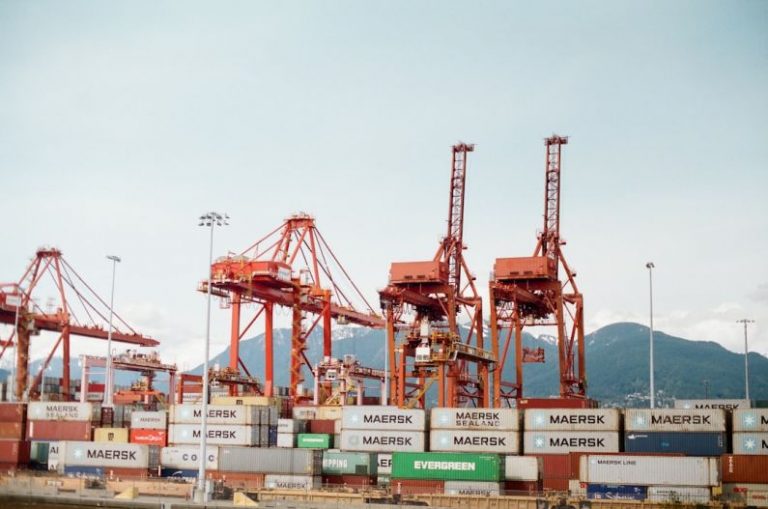
Investing in high-volatility markets can be an exhilarating yet nerve-wracking experience for investors. The allure of potentially high returns may seem enticing, but it comes with a set of risks that can significantly impact your investment portfolio. In this article, we will delve into the various risks associated with investing in high-volatility markets and explore how investors can navigate these challenges to make informed decisions.
Understanding Market Volatility
Before delving into the risks, it is crucial to understand what market volatility entails. Volatility refers to the degree of variation in the price of a financial instrument over time. High-volatility markets experience sharp fluctuations, with prices rapidly moving up and down. This can be driven by various factors such as economic indicators, geopolitical events, or market sentiment.
Market volatility is often measured using statistical metrics such as standard deviation or beta. A higher standard deviation indicates greater price fluctuations, while a higher beta suggests that an asset is more volatile compared to the overall market. Investors need to assess the level of volatility in the market before making investment decisions to gauge the potential risks involved.
Risk of Losses Amplified
One of the primary risks of investing in high-volatility markets is the potential for significant losses. In volatile markets, prices can swing dramatically in a short period, leading to sudden and substantial declines in the value of investments. Investors who are unprepared for these fluctuations may face substantial losses, especially if they are forced to sell their assets during a downturn.
To mitigate the risk of amplified losses in high-volatility markets, investors should adopt a long-term perspective and diversify their portfolios. By spreading investments across different asset classes and sectors, investors can reduce the impact of a market downturn on their overall portfolio. Additionally, setting stop-loss orders and establishing clear risk management strategies can help limit potential losses and protect capital in volatile market conditions.
Liquidity Concerns
Another risk associated with high-volatility markets is liquidity concerns. In volatile markets, trading volumes can fluctuate, leading to decreased liquidity and wider bid-ask spreads. This can make it challenging for investors to buy or sell assets at desired prices, potentially resulting in slippage and increased trading costs.
Investors should be mindful of liquidity risks when investing in high-volatility markets and consider the ease of buying and selling assets. Maintaining a sufficient cash reserve can provide flexibility during periods of low liquidity and enable investors to take advantage of opportunities that may arise in volatile market conditions.
Psychological Impact on Investors
Investing in high-volatility markets can also have a psychological impact on investors. The constant fluctuations in prices and heightened uncertainty can induce stress, anxiety, and emotional decision-making. Investors may be tempted to make impulsive decisions based on short-term market movements rather than sticking to a well-thought-out investment strategy.
To combat the psychological impact of investing in high-volatility markets, investors should focus on maintaining a disciplined approach and avoiding emotional reactions to market fluctuations. Setting clear investment goals, adhering to a diversified portfolio, and seeking professional advice can help investors stay grounded and make rational decisions amidst market turbulence.
Navigating High-volatility Markets
In conclusion, investing in high-volatility markets presents both opportunities and risks for investors. While the potential for high returns can be appealing, investors must be aware of the inherent risks involved, including amplified losses, liquidity concerns, and psychological challenges. By understanding market volatility, diversifying portfolios, managing risks effectively, and maintaining a disciplined approach, investors can navigate high-volatility markets more confidently and make informed investment decisions that align with their financial goals.





